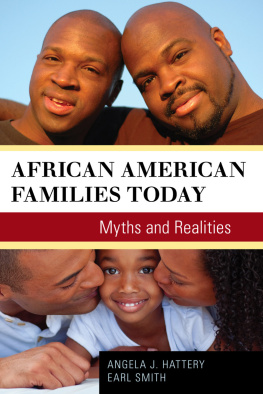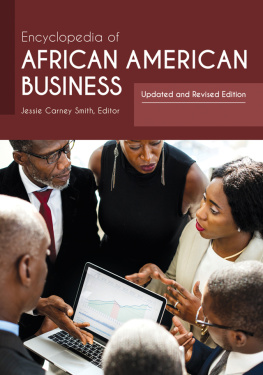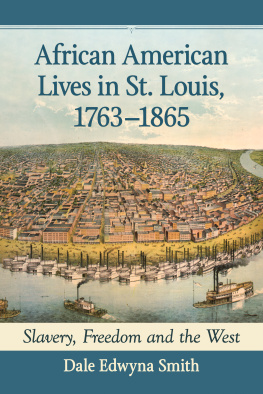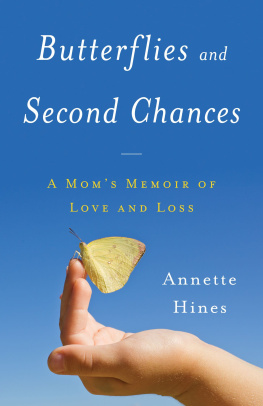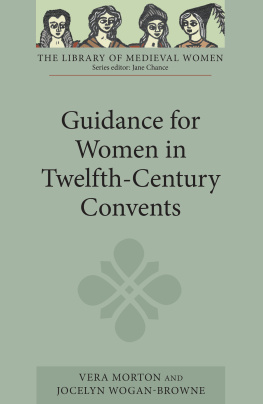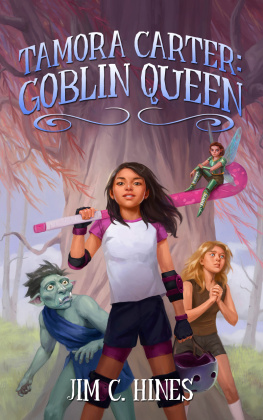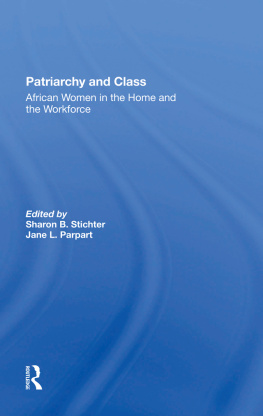Sharon Hines Smith - African American Daughter
Here you can read online Sharon Hines Smith - African American Daughter full text of the book (entire story) in english for free. Download pdf and epub, get meaning, cover and reviews about this ebook. year: 2021, publisher: Garland Science, genre: Home and family. Description of the work, (preface) as well as reviews are available. Best literature library LitArk.com created for fans of good reading and offers a wide selection of genres:
Romance novel
Science fiction
Adventure
Detective
Science
History
Home and family
Prose
Art
Politics
Computer
Non-fiction
Religion
Business
Children
Humor
Choose a favorite category and find really read worthwhile books. Enjoy immersion in the world of imagination, feel the emotions of the characters or learn something new for yourself, make an fascinating discovery.

- Book:African American Daughter
- Author:
- Publisher:Garland Science
- Genre:
- Year:2021
- Rating:5 / 5
- Favourites:Add to favourites
- Your mark:
- 100
- 1
- 2
- 3
- 4
- 5
African American Daughter: summary, description and annotation
We offer to read an annotation, description, summary or preface (depends on what the author of the book "African American Daughter" wrote himself). If you haven't found the necessary information about the book — write in the comments, we will try to find it.
African American Daughter — read online for free the complete book (whole text) full work
Below is the text of the book, divided by pages. System saving the place of the last page read, allows you to conveniently read the book "African American Daughter" online for free, without having to search again every time where you left off. Put a bookmark, and you can go to the page where you finished reading at any time.
Font size:
Interval:
Bookmark:

THE ELDERLY IN AMERICA
ALLAN NEVINS PROFESSOR EMERITUS COLUMBIA UNIVERSITY

605 Third Avenue, New York, NY 10017
and by Routledge
2 Park Square, Milton Park, Abingdon, Oxon OX14 4RN
Product or corporate names may be trademarks or registered trademarks, and are used only for identification and explanation without intent to infringe.
The publisher has gone to great lengths to ensure the quality of this reprint but points out that some imperfections in the original copies may be apparent.
The publisher has made every effort to trace copyright holders and welcomes correspondence from those they have been unable to contact.
Smith, Sharon Hines, 1950
African American daughters and elderly mothers: examining
experiences of grief, loss, and bereavement / Sharon Hines Smith.
p. cm. (Garland studies on the elderly in America)
A revision of the author's thesis (doctoral)University of Pennsylvania, 1996.
Includes bibliographical references and index.
ISBN 0-8153-3177-0 (alk. paper)
1. Grief. 2. BereavementPsychological aspects. 3. Loss (Psychology) 4. MothersDeathPsychological aspects. 5. Mothers and daughtersPsychology. 6. Afro-American womenPsychology. I. Title. II. Series.
BF575.G7S62 1998
155.9'37'08996073dc21
98-28996
ISBN 13: 978-1-03-216658-2 (pbk)
ISBN 13: 978-1-00-324892-7 (ebk)
- 2. Literature Review
- 3. Conceptual Framework
- 4. Research Methods
- 5. Findings
- 6. Summary and Conclusions
- 2. Literature Review
- 3. Conceptual Framework
- 4. Research Methods
- 5. Findings
- 6. Summary and Conclusions
- i
- 1. Idealization of Deceased Elderly Mother Occurring with Mutual Reciprocity Characterizing Mother-Daughter Relationship
- 2. No Idealization of Deceased Elderly Mother Occuring with Mother-Daughter Relationship Characterized by Mutual Reciprocity
- 3. No Idealization of Deceased Elderly Mother Occurring with One-sided Reciprocity on Daughter's Part Characterizing Mother-Daughter Relationship
- 1. Age and Frequency for Daughters Interviewed
- 2. Yearly Income and Frequency for Daughters Interviewed
- 3. Employment Status and Frequency for Daughters Interviewed
- 4. Years of Schooling completed By Daughters Interviewed and Frequency
- 5. Marital Status of Daughters Interviewed and Frequency
- 6. Good Mother and Good Person Ideal Types
- 7. Themes Describing The Personal Meaning of Elderly Mother's Death for Daughters Interviewed
- 8. Characterizations of Elderly African American Mothers by Daughters Interviewed
Font size:
Interval:
Bookmark:
Similar books «African American Daughter»
Look at similar books to African American Daughter. We have selected literature similar in name and meaning in the hope of providing readers with more options to find new, interesting, not yet read works.
Discussion, reviews of the book African American Daughter and just readers' own opinions. Leave your comments, write what you think about the work, its meaning or the main characters. Specify what exactly you liked and what you didn't like, and why you think so.

